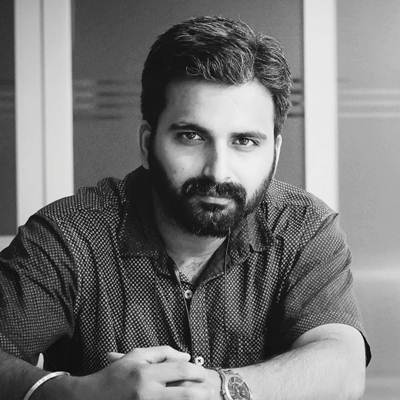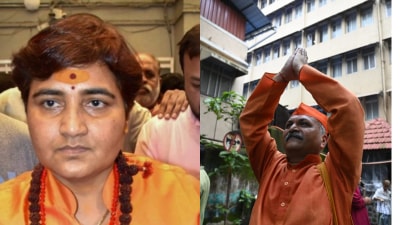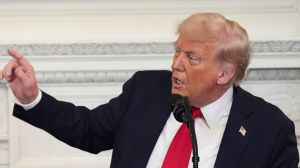Telangana High Court denies interim relief to pvt engineering colleges on fee hike dispute
The High Court directed the Telangana Admission and Fee Regulatory Committee to determine the fees in unaided professional colleges and send it to the state government within 6 weeks.
 The order effectively froze the fee for various courses for the academic years from 2025-26 to 2027-28 at the same rate as the previous block period 2022-23 to 2024-25. (Source: File)
The order effectively froze the fee for various courses for the academic years from 2025-26 to 2027-28 at the same rate as the previous block period 2022-23 to 2024-25. (Source: File)The Telangana High Court on Friday refused to grant interim relief on the plea of several private unaided professional colleges, including engineering colleges, seeking to increase the fee for various courses offered by them. It directed the Telangana Admission and Fee Regulatory Committee (TAFRC) to complete the entire exercise of consideration of proposals submitted by the petitioners, determine the fee and send it to the state government within six weeks.
Justice K Lakshman dismissed a batch of interlocutory applications and issued a common order directing the Convenor-Admissions, Telangana Engineering Agriculture Pharma Common Entrance Test (T G EAPCET), to notify students that any fees paid to these institutions would be subject to the outcome of the ongoing writ petitions.
The Bench was hearing a batch of petitions that sought the High Court to declare GO Ms No. 26, dated 30.6.2025, as arbitrary, illegal, and unconstitutional.
The order effectively froze the fee for various courses for the academic years from 2025-26 to 2027-28 at the same rate as the previous block period 2022-23 to 2024-25.
The petitioners also claimed that the committee had already determined and approved a higher fee for these courses for the new block period. The petitioners had also requested the court to direct the convenor of TG EAPCET to update and reflect the new fee for the BTech course on their official website as determined, approved and accepted by the TAFRC.
The petitioners claimed that TAFRC, after conducting hearings in March 2025 and considering their proposals, had determined and approved revised fees for various courses, which were recorded in a register maintained by TAFRC.
They contended that the government was obligated to notify the approved fees.
Meanwhile, the respondents, represented by the Special Government Pleader and the Standing Counsel for TAFRC, countered that the fees mentioned in the register were merely “fees to be fixed” and were subject to further scrutiny by the committee members. They said “the petitioners were asked to sign in the Register so that the petitioners will not go back to the said fee to be fixed by TAFRC, subject to the scrutiny of the same by the Members of the Committee.”
According to the respondents, the TAFRC examined the fee proposals from petitioner institutions and other private unaided professional colleges and concluded that these proposals varied from the parameters, terms, and conditions set by relevant Supreme Court and High Court orders. Hence, TAFRC resolved that “the government might appoint a Committee of Officers to review the fee fixation parameters, including studying processes in other states and considering Apex Court and High Court principles”.
TAFRC stated it had not determined or approved the fee amounts mentioned in the register, contrary to the petitioners’ claims. Based on these findings, the state government issued the contested government order.
Justice Lakshman, after perusing the original Registers produced by TAFRC, observed that the entries did not explicitly state that the fees were “determined and approved” by TAFRC, but rather “fee to be fixed.” The court also recorded the absence of signatures from TAFRC members in the relevant column of the register, contrary to the petitioners’ claims.
“This court cannot determine the fee in exercise of its extraordinary powers under Article 226 of the Constitution of India. It is impermissible. Such exercise will lead to usurping the statutory powers of respondent No.2 (TAFRC), which will render it a toothless tiger,” the order read.
While the interim relief has been denied, the final outcome of the writ petitions will determine the definitive fee structure for the professional colleges for the upcoming academic years.













